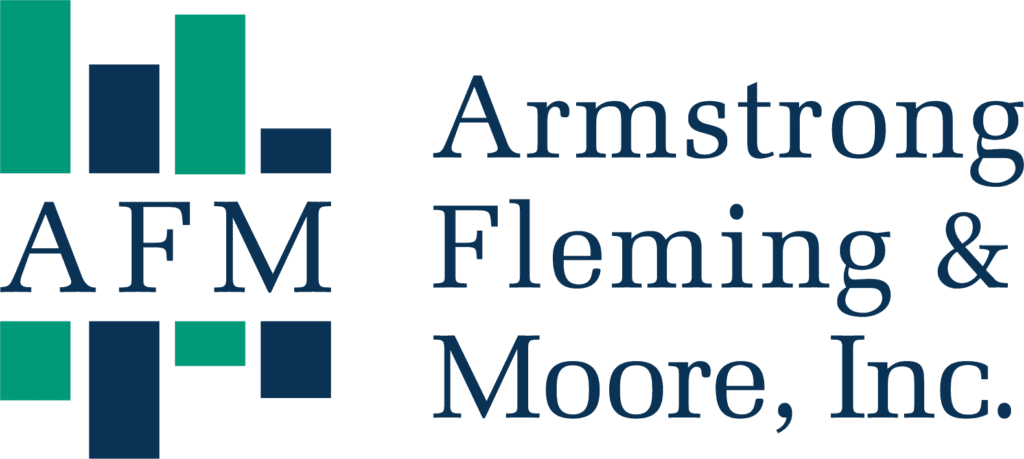We’re all quite familiar with the idea of the American Dream at this point. The house, the white picket fence, a dog on the porch, and 2.5 kids playing in the yard. While this may sound archaic to some, it’s still a deeply held wish for others. So, how does one go about answering the central housing question: should I rent or buy? The answer (as with many big questions) is, it depends.
Let’s look at some of the factors involved.
Flexibility vs. Stability
Consider how long you expect to be in your current location. Do you love your current neighborhood and plan to stay put for five or more years? Or do you have a career path that has you moving every two years for the foreseeable future? Renting allows for a significant amount of flexibility to change your location or size up and down as needed that homeownership does not. Alternatively, owning your home affords you the freedom to hang those elaborate art pieces wherever you’d like without asking for your landlord’s permission and no one (other than maybe your partner or your bank account) can tell you you’re not allowed to install the marble countertops of your dreams.
Maintenance
Consider the level of responsibility you want to have with regards to the maintenance of your home. Do you love the idea of weekend trips to the hardware store and look forward to meditative time spent caring for your yard and garden? Or do you never want to think about who to call when the carpet needs to be replaced or the roof starts leaking in the wee hours of the morning? While many people find a deep satisfaction from maintaining, improving, and personalizing their living spaces over time, others feel overwhelmed by the weight of these tasks and prefer to outsource those concerns to a landlord or property management company. But keep in mind, passing on the responsibility of these tasks may leave you waiting for repairs longer (or frustrated with the quality of the repairs once completed) compared to if you were the owner and final decisionmaker.
Finances
Understandably, the financial considerations frequently become the cornerstone of the decision between continuing to rent or to moving forward with purchasing a home. Do you have sufficient savings to cover both the down payment and closing costs on a home? What about a cash reserve beyond that for emergency repairs and periodic improvements? Do you prefer the consistency of knowing your rental costs are the same for the length of your lease (inclusive of any potential repair costs), understanding that it may increase when it comes time to renew? Or do you prefer the idea of a 30-year fixed-rate mortgage, understanding that you will be on the hook for a new roof, appliance replacements, and landscaping costs that may not be on a steady schedule?
A sub-category to consider here is the tax implications. If you itemize deductions on your tax returns, then a significant portion of your mortgage interest and property taxes as a homeowner are deductible. Additionally, the savings on capital gains taxes when it comes time to sell are significant (up to $250,000 for single or $500,000 for joint filing if you have lived in the property for at least two of the past five years) and provide leverage if you’re looking to take advantage of the equity from one home when purchasing the next. Renting does not afford a comparable benefit, as your rent payments each month are going towards the landlord’s equity, rather than your own.
Yet another factor to weigh is the potential for appreciation (or depreciation!) when you own a home. While real estate has traditionally been considered a solid long-term investment and marker of financial stability, the housing crisis of 2008 proved that you cannot assume your home value will march steadily upwards through the years. Additionally, if you overextend your finances to buy a larger house than you can realistically maintain, you may find yourself having to restrict your spending and savings in other areas of your life (entertainment, savings for retirement/college) and struggling to pay that unexpected medical bill.
Intangibles
Finally, consider how aspects of each housing style would impact the quality of your daily life. Do you place a high value on being able to walk to work, a cozy neighborhood coffee shop, or a high-end cocktail bar? Would you prefer to have a yard for your dog, great schools for your kids, and enjoy using your driving time to listen to music, audiobooks, or podcasts? How important is privacy to you? Do you want to know your neighbors by name? While you can blend your needs by buying a condo in the heart of the city or renting a single-family home in the suburbs, you may find your nightlife budget to be tighter than is comfortable in the first scenario or your sense of permanence in the community lacking in the second. There are benefits and tradeoffs with each option, so taking the time to picture how you want your daily life to feel may help clarify your priorities and in turn increase your confidence when choosing the best fit for you.
If you’re thinking about purchasing a home and would like to discuss how these considerations impact your personal situation and goals, please reach out to us. It can be daunting to sort through the many factors without guidance – we’re here to help.
